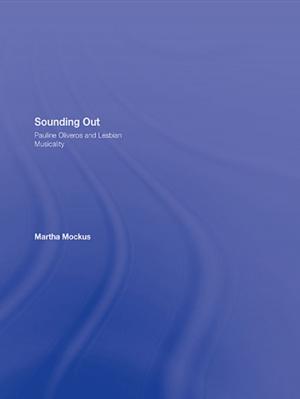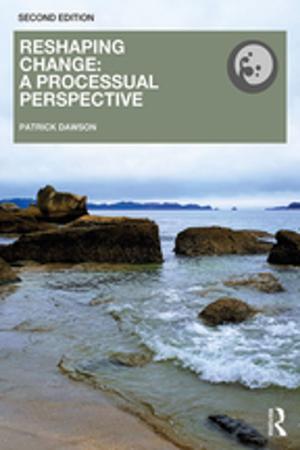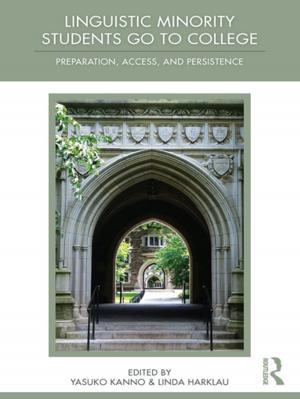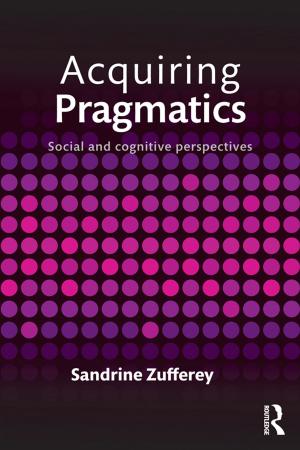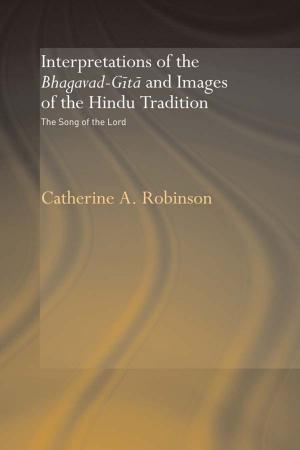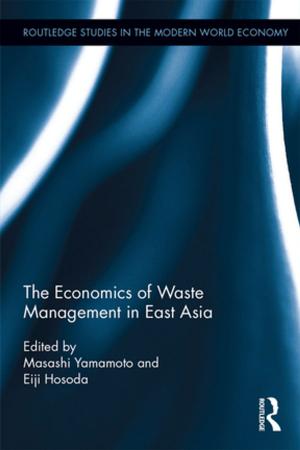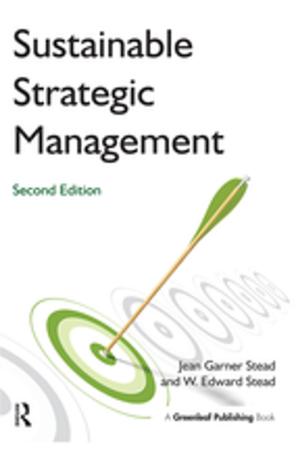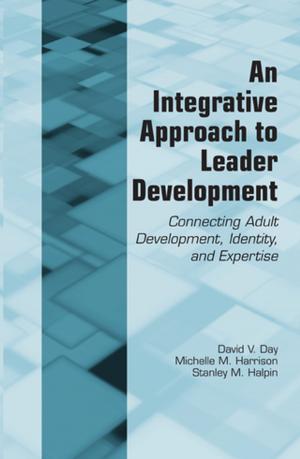| Author: | Jin Baek | ISBN: | 9781317438007 |
| Publisher: | Taylor and Francis | Publication: | June 10, 2016 |
| Imprint: | Routledge | Language: | English |
| Author: | Jin Baek |
| ISBN: | 9781317438007 |
| Publisher: | Taylor and Francis |
| Publication: | June 10, 2016 |
| Imprint: | Routledge |
| Language: | English |
At a time when climate and ethics have become so important to architectural debate, this book proposes an entirely new way for architects to engage with these core issues.
Drawing on Tetsuro Watsuji‘s (1889-1960) philosophy, the book illuminates climate not as a collection of objective natural phenomena, but as a concrete form of bond in which "who we are"—the subjective human experience—is indivisibly intertwined with the natural phenomena. The book further elucidates the inter-personal nature of climatic experiences, criticizing a view that sees atmospheric effects of climate under the guise of personal experientialism and reinforcing the linkage between climate and ethos as the appropriateness of a setting for human affairs. This ethical premise of climate stretches the horizon of sustainability as pertaining not only to man’s solitary relationship with natural phenomena—a predominant trend in contemporary discourse of sustainability—but also to man’s relationship with man. Overcoming climatic determinism—regional determinism, too—and expanding the ethics of the inter-personal to the level where the whole and particulars are joined through the dialectics of the mutually-negating opposites, Jin Baek develops a new thesis engaging with the very urgent issues inherent in sustainable architecture.
Crucially, the book explores examples that join climate and the dynamics of the inter-personal, including:
- Japanese vernacular residential architecture
- the white residential architecture of Richard Neutra
- contemporary architectural works and urban artifacts by Tadao Ando and Aldo Rossi
Beautifully illustrated, this book is an important contribution to the discourse which surrounds architecture, climate and ethics and encourages the reader to think more broadly about how to respond to the current challenges facing the profession.
At a time when climate and ethics have become so important to architectural debate, this book proposes an entirely new way for architects to engage with these core issues.
Drawing on Tetsuro Watsuji‘s (1889-1960) philosophy, the book illuminates climate not as a collection of objective natural phenomena, but as a concrete form of bond in which "who we are"—the subjective human experience—is indivisibly intertwined with the natural phenomena. The book further elucidates the inter-personal nature of climatic experiences, criticizing a view that sees atmospheric effects of climate under the guise of personal experientialism and reinforcing the linkage between climate and ethos as the appropriateness of a setting for human affairs. This ethical premise of climate stretches the horizon of sustainability as pertaining not only to man’s solitary relationship with natural phenomena—a predominant trend in contemporary discourse of sustainability—but also to man’s relationship with man. Overcoming climatic determinism—regional determinism, too—and expanding the ethics of the inter-personal to the level where the whole and particulars are joined through the dialectics of the mutually-negating opposites, Jin Baek develops a new thesis engaging with the very urgent issues inherent in sustainable architecture.
Crucially, the book explores examples that join climate and the dynamics of the inter-personal, including:
- Japanese vernacular residential architecture
- the white residential architecture of Richard Neutra
- contemporary architectural works and urban artifacts by Tadao Ando and Aldo Rossi
Beautifully illustrated, this book is an important contribution to the discourse which surrounds architecture, climate and ethics and encourages the reader to think more broadly about how to respond to the current challenges facing the profession.




